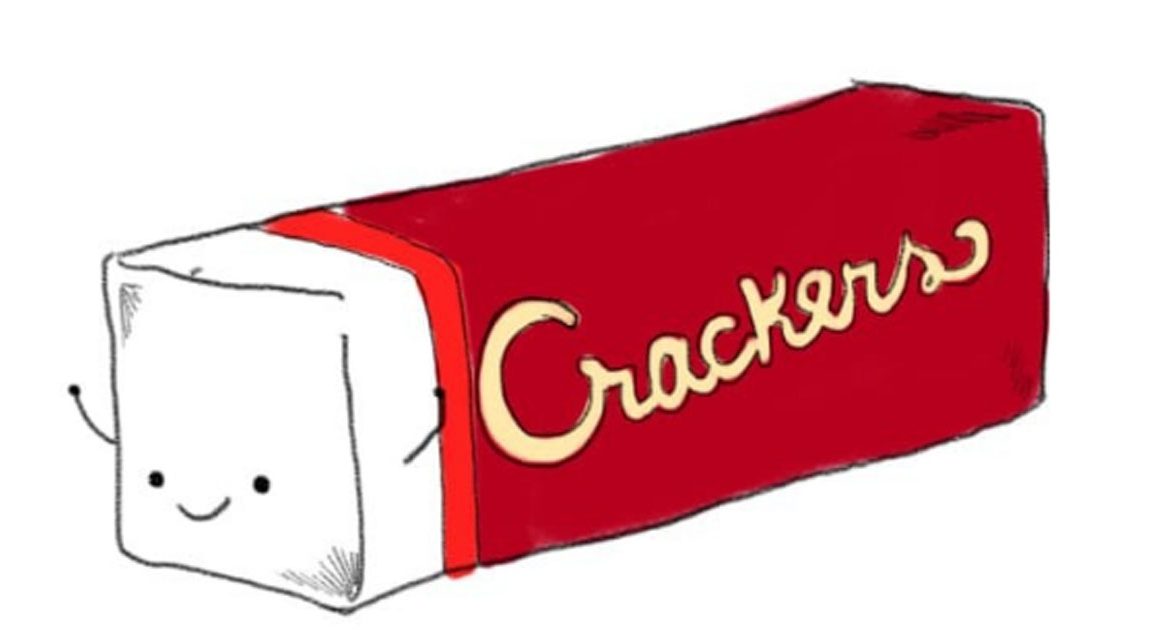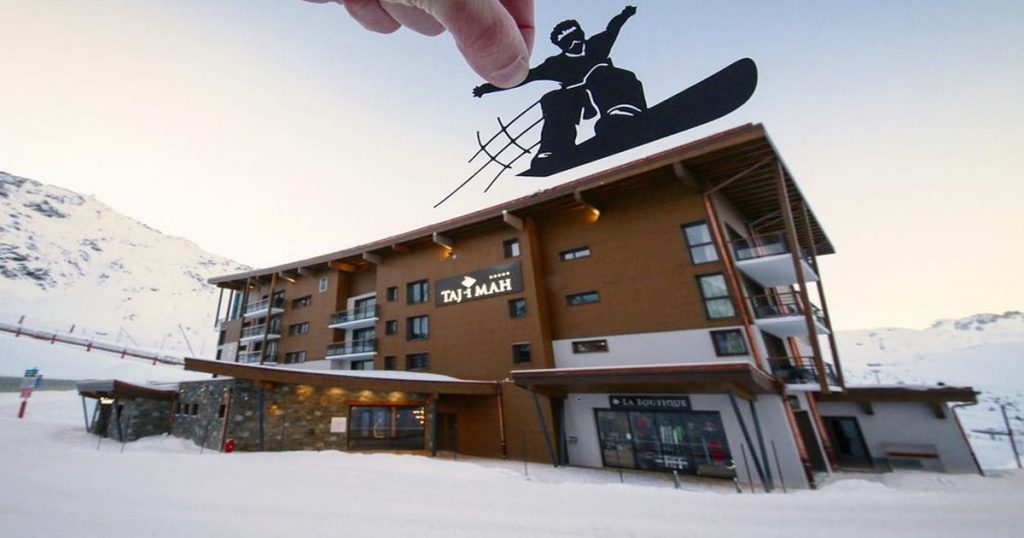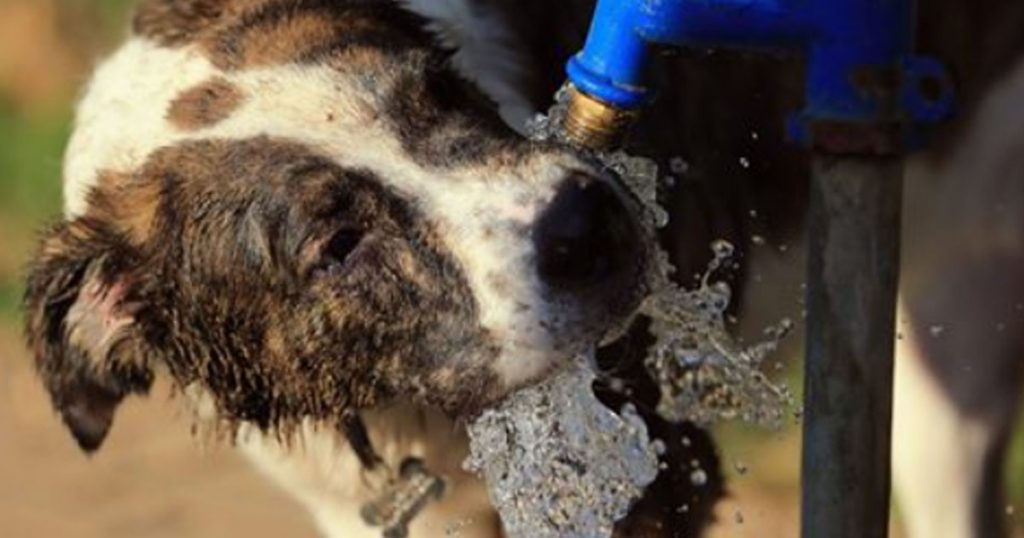Just like Boy Scouts, adults always need to be prepared.
But when it comes to thinking and planning ahead, there’s one thing that many people don’t think about: emergency preparation.
Although we all know that we should be prepared for emergencies, we often don’t think about the logistics until we really need to.
When we find out there’s a winter storm coming, people everywhere rush to the grocery store to stock up on fresh water, canned goods, and nonperishable items.
The problem with this method is that sometimes you get to the store and realize that all the cans of soup and gallons of water have already been purchased.
Instead of waiting for the next storm warning to rush to the grocery store, head out now and pick up the survival food items you need.
According to Ready.gov, “Following a disaster, there may be power outages that could last for several days. Stock canned foods, dry mixes and other staples that do not require refrigeration, cooking, water or special preparation. Be sure to include a manual can opener and eating utensils.”
Read on to find out the 16 most important survival foods you should always keep on hand!
Survival Food #1: Dried Fruit
 According to Real Simple, dried fruits are a great replacement for fresh fruit if that’s not an option.
According to Real Simple, dried fruits are a great replacement for fresh fruit if that’s not an option.Dried fruit provides necessary fiber and potassium, plus they’re a great sweet snack that can provide you with a good amount of calories and nutrients.
Survival Food #2: Canned Fruits And Vegetables
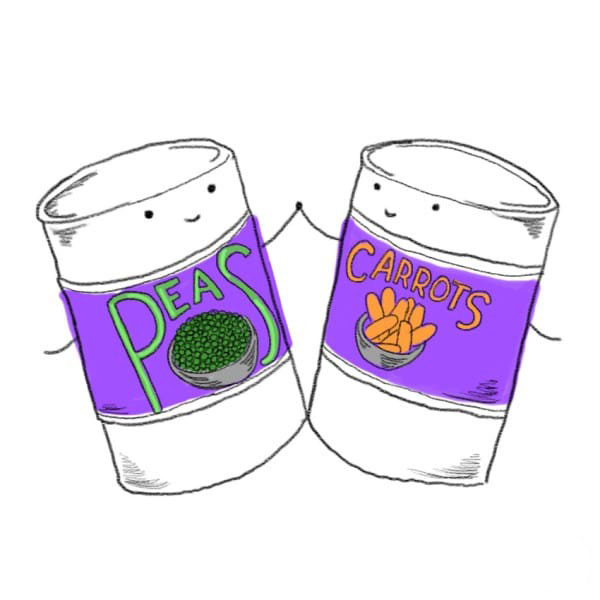 Canned fruits and vegetables can be eaten straight out of the can, and they provide essential nutrients that you would normally get from fresh fruits and veggies.
Canned fruits and vegetables can be eaten straight out of the can, and they provide essential nutrients that you would normally get from fresh fruits and veggies.Survival Food #3: Peanut Butter
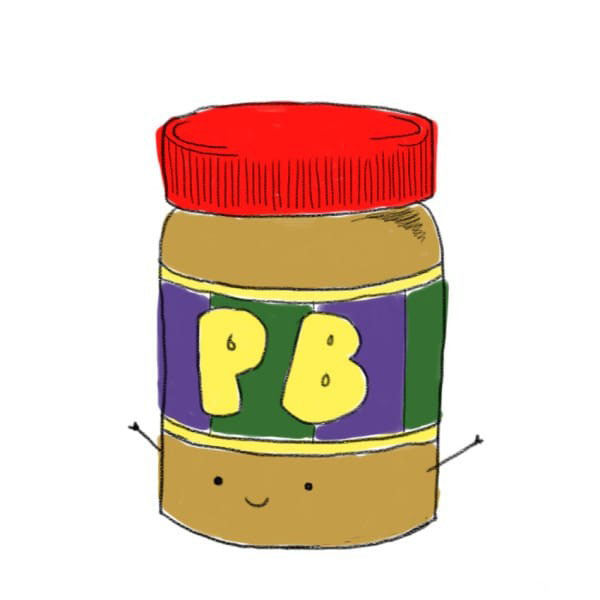 Peanut butter is necessary for your survival kit — it provides a great source of energy and has lots of healthy fats and protein.
Peanut butter is necessary for your survival kit — it provides a great source of energy and has lots of healthy fats and protein.Normally, you can keep peanut butter unrefrigerated, which makes it great for emergency snacks and meals.
Survival Food #4: Crackers

You should aim to get whole-wheat or whole-grain crackers, as they have more fiber than plain crackers.
You should consider vacuum sealing your crackers to prolong their shelf life.
Survival Food #5: Canned Juice
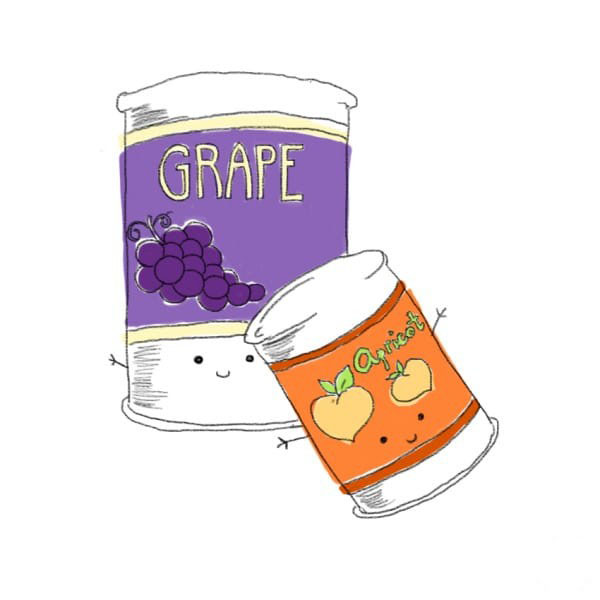 Canned juice, like the kind you drank in elementary school, is great for a survival kit.
Canned juice, like the kind you drank in elementary school, is great for a survival kit.It can provide the necessary fruit you need when you don’t have access to fresh fruit.
Survival Food #6: Whole Grain Cereal
 Like crackers, whole grain cereals have enough fiber to be filling, but are also a great snack to munch on.
Like crackers, whole grain cereals have enough fiber to be filling, but are also a great snack to munch on.Try to find cereal that has individually-packaged servings, that way it won’t get stale after you open it.
Survival Food #7: Vitamins
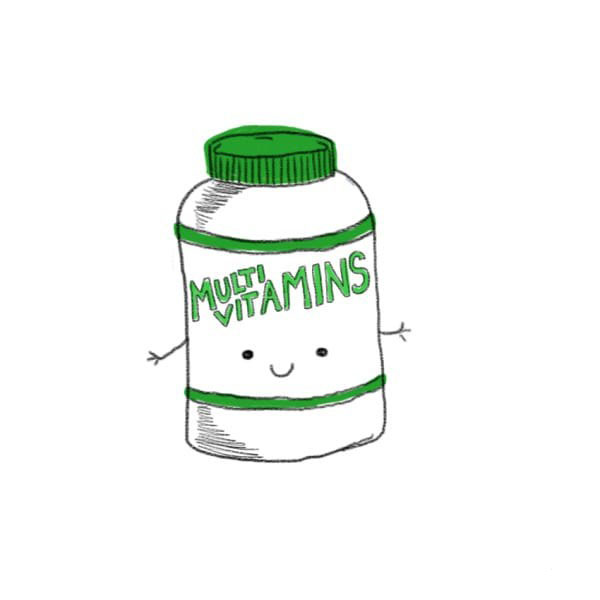 You never know how long you may be out of power or how long it might be before you have access to fresh food, so it’s important to put multivitamins in your emergency kit.
You never know how long you may be out of power or how long it might be before you have access to fresh food, so it’s important to put multivitamins in your emergency kit.Multivitamin supplements can help replace nutrients you’re missing.
Survival Food #8: Baby Food And Formula
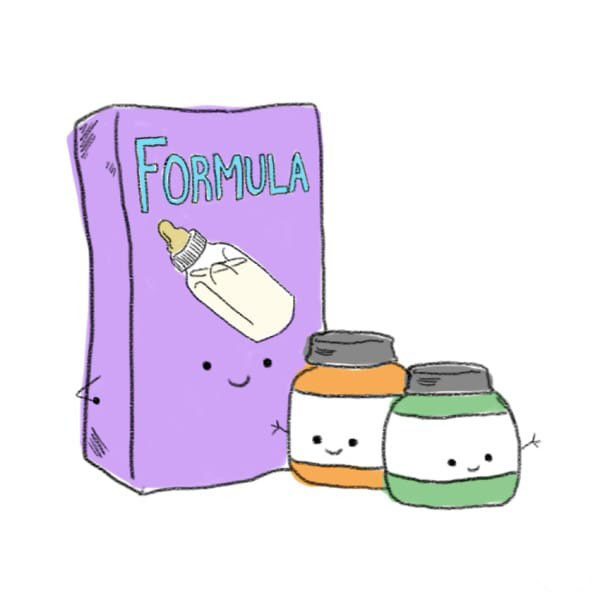
If you have an infant, it’s very important to keep baby food and/or formula on hand.
Ready.gov explains, “Use ready-to-feed formula, if possible, for formula-fed infants. If using ready-to-feed formula is not possible, it is best to use bottled water to prepare powdered or concentrated formula. If bottled water is not available, use boiled water. Use treated water to prepare formula only if you do not have bottled or boiled water. Breastfed infants should continue breastfeeding.”
No babies in the house? Adults can eat babyfood for a quick boost too!
The average baby food jar contains 20 to 90 calories, so while it can’t provide a grown adult with tons of energy, it’ll provide enough sustenance to tie you over.
Survival Food #9: Pasteurized/Powdered Milk
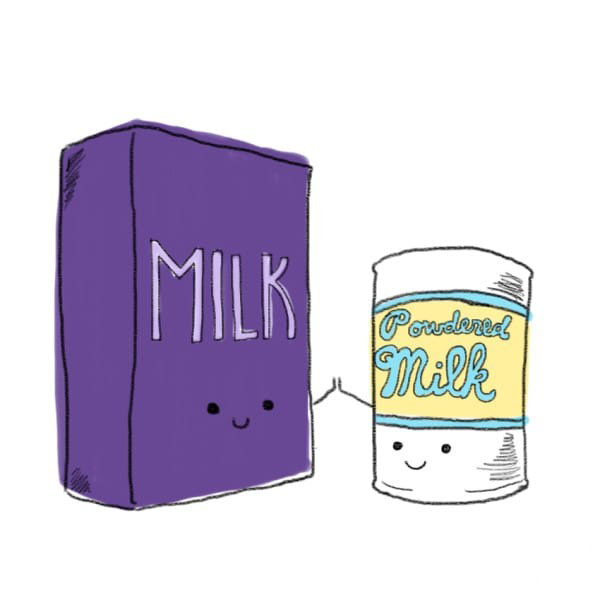
These types of milk don’t require refrigeration, so they’re essential for a food survival kit.
Survival Food #10: Water
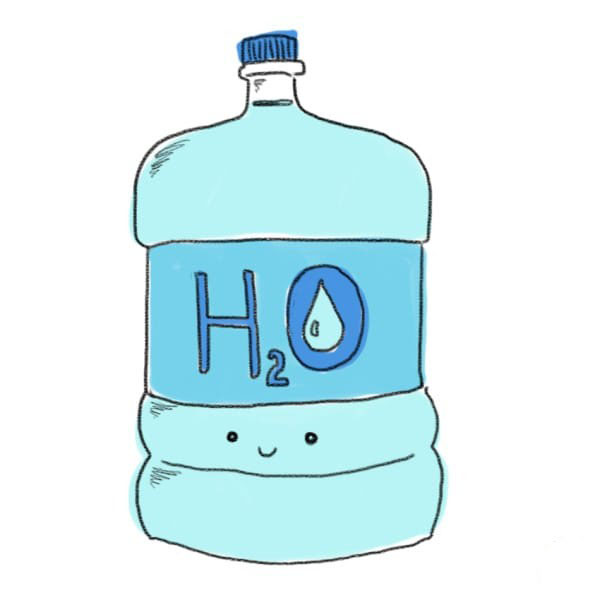
Real Simple explains that each person will need one gallon of water per day, and you should try to always have at least a three-day supply.
Survival Food #11: Granola/Power Bars
 Granola bars and power bars, which are often used by athletes as sources of quick energy, are snacks that stay fresh for a long time.
Granola bars and power bars, which are often used by athletes as sources of quick energy, are snacks that stay fresh for a long time.They’re a good source of carbohydrates and protein, and they’re a great kid-friendly snack.
Survival Food #12: Nuts/Trail Mix
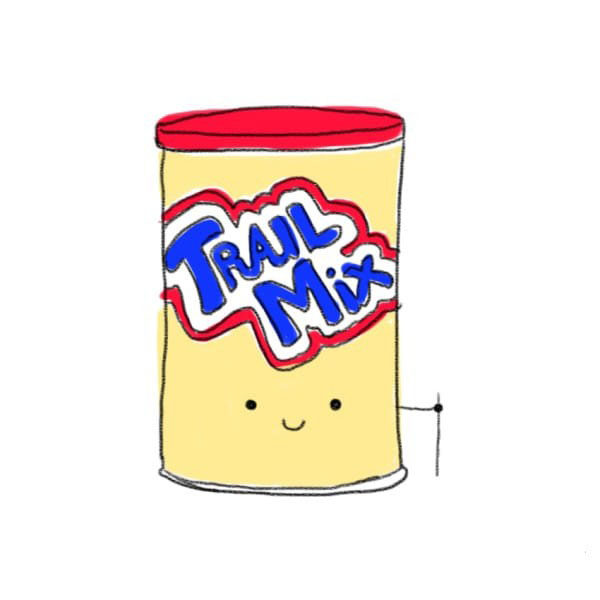 Nuts and trail mix are great sources of energy that are both healthy and convenient.
Nuts and trail mix are great sources of energy that are both healthy and convenient.Nuts that are individually sealed into servings are great, otherwise look for vacuum-sealed packages that can keep the nuts fresh for longer.
Survival Food #13: Canned Fish/Meat
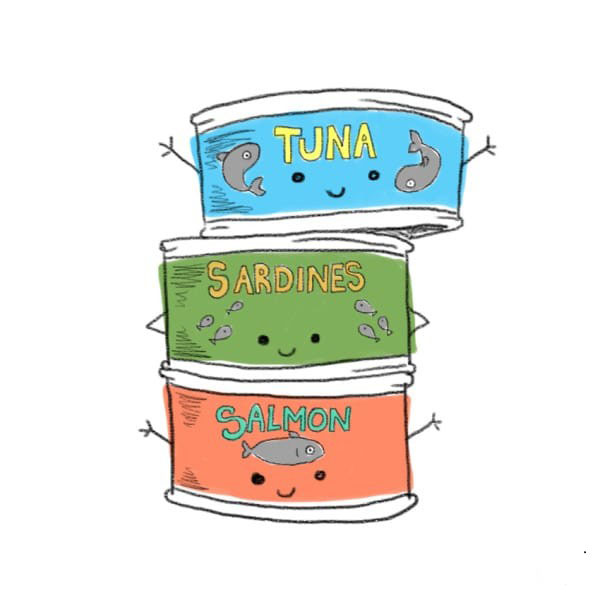 Canned meats and fish usually last over two years, which makes them perfect for emergency survival kits.
Canned meats and fish usually last over two years, which makes them perfect for emergency survival kits.These canned goods provide essential protein.
Survival Food #14: Sports Drinks
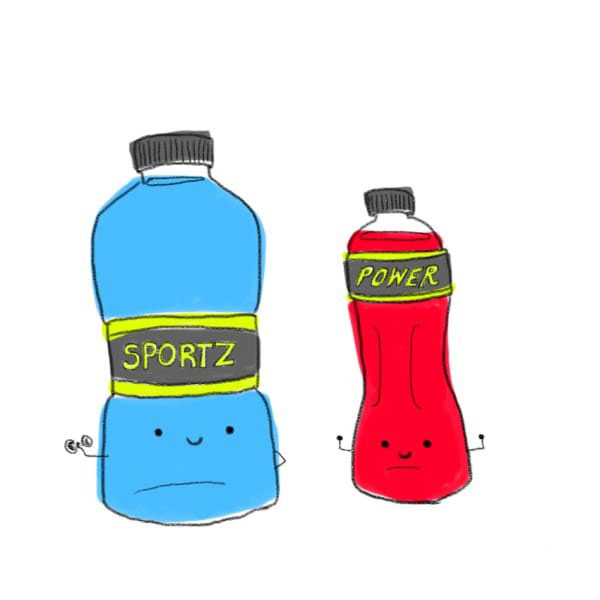 Like water, sports drinks can help keep people hydrated.
Like water, sports drinks can help keep people hydrated.In addition to that, sports drinks have electrolytes and carbohydrates, which provide energy in addition to helping you rehydrate.
Survival Food #15: Canned Soup/Chili
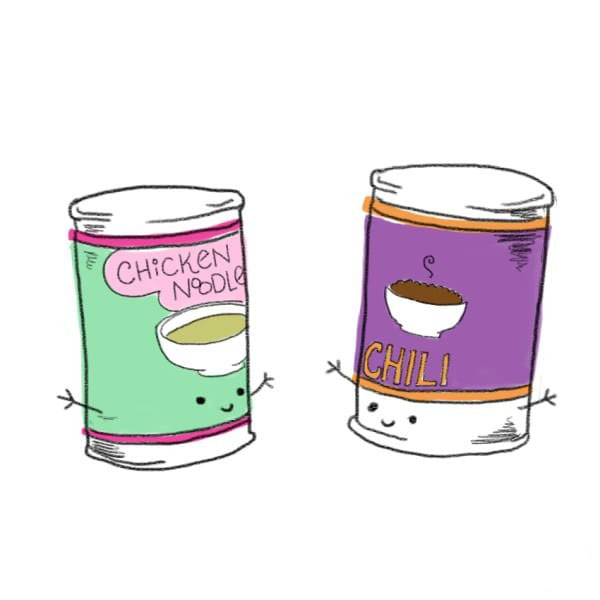 Canned soups and chilis are one of the first things people think to stock up on — and for good reason.
Canned soups and chilis are one of the first things people think to stock up on — and for good reason.Canned soups and chilis can be eaten straight out of the can and can serve as entire meals.
They are filling and relatively healthy, as long as you choose low-sodium options.
Survival Food #16: Sugar, Salt, & Pepper
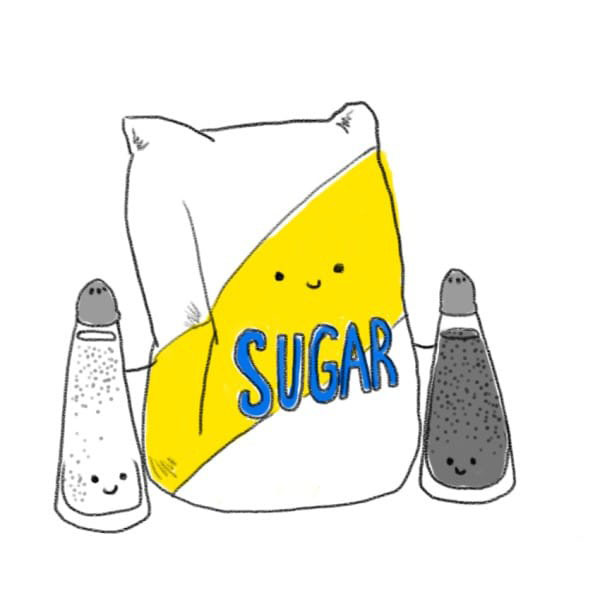 On the off chance you have access to a charcoal grill or propane stove, you may be able to do some cooking, even without refrigerated foods.
On the off chance you have access to a charcoal grill or propane stove, you may be able to do some cooking, even without refrigerated foods.Spices like salt, pepper, and sugar will greatly improve the flavor of your food, which will give you a small sense of comfort.
In order to properly store your food, keep it in covered containers. Discard food that could possibly be contaminated, and if any food has an unusual color, texture, or odor, discard it as well.
Are there any essential survival foods we missed? Let us know in the comments below!
And if you know anyone who likes to be prepared, please Liked Video this on Facebook!
